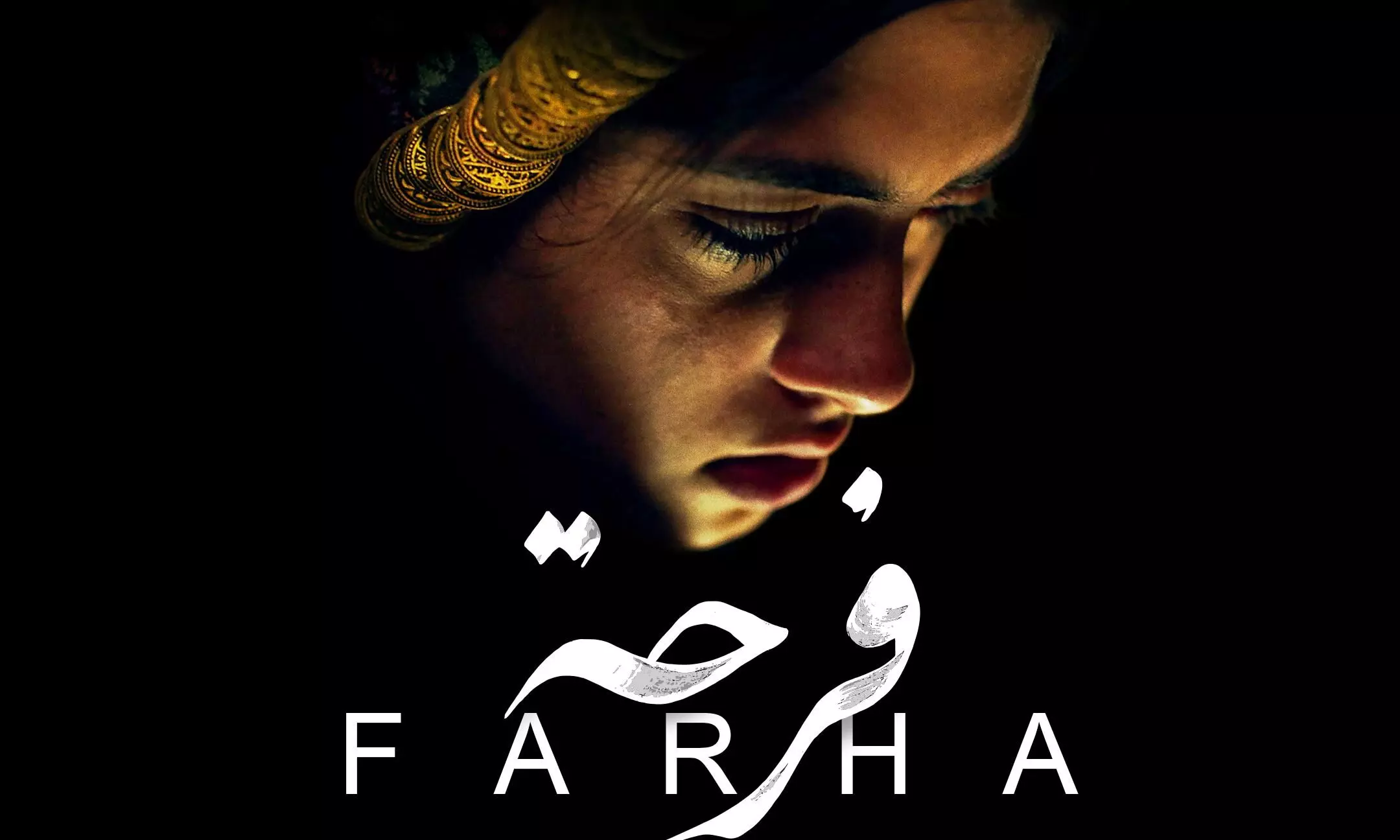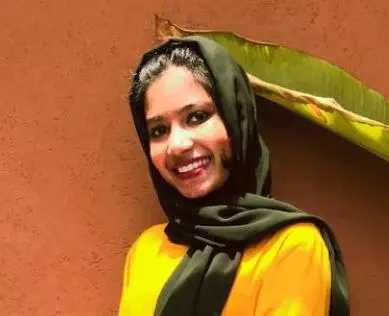
Farha: Witnessing Nakba Through a Pantry Door
text_fieldsDarin J. Sallam portrays the brutality, injustice and sorrow of the Nakba (in Arabic meaning disaster and referring to the destruction of the Palestinian homeland and people and their displacement from native soil) through the eyes of a young girl who dreams of getting out of her sun-drenched Palestinian hillside village and going to the city for education.
Jordanian director Darin Sallam's debut feature film Farha is based on actual events she heard about from her mother. The film premiered at the Toronto Film Festival on 14 September 2021 and began airing on Netflix on 1 December which obviously angered Israel who promptly launched a campaign to shut its global reach.
The film is a work of historical fiction about a young Palestinian girl named Radiyyeh, who witnessed the displacement of her people fleeing to Syria during the Israeli invasion of Palestine in 1948. In Syria, Radiyyeh relayed the story to the mother of the filmmaker who then shared the narrative with Darin which left a profound impact on her. It is also known that Radiyyeh's father never returned, and most probably died in the war.
1948 was an important year as the state of Israel was officially established following the withdrawal of the British. 700,000 Palestinians were expelled and tortured to flee from their home by armed Israeli groups. The outbreak of violence surrounding the year saw one of the deadliest Zionist attacks on Palestine, the Nakba, the Palestinian catastrophe which is still lasting to this day.
Set in the early days of the Israel and Palestine conflict, this film looks at the 1948 horrific events through the unique perspective of Farha (played by Karam Taher), a 14-year-old girl with big ambitions and dreams unlike other girls in her village. However, her ambitions have more than societal pressure to contend with as the Israel-Palestine conflict erupted.
When Israelis invaded Farha's village, her father locked her up inside a pantry to save her from the Zionist military. Over the course of the next few days while she was buried in the tight dark space she witnessed the execution of an entire Palestinian family at gunpoint through a small hole in the wall and the cracks of a wooden door.
In the film, two levels of trauma are intertwined: the collective national trauma of ethnic cleansing and the trauma of the protagonist. The smallest of actions becomes magnified in importance as you watch the movie, and you feel every emotion she experiences. You can sense Farha's thirst when she reaches for a pickle jar, desperate for water.
You can hear the tension in her bladder as she searches for somewhere to urinate. You can feel her choke on the smell of the gas used by Zionist militias to clear Palestinian homes. It is even hard not to panic when she gets her first period. It is impossible not to feel every moment of her anxiety, stress and fear.
Sallam brilliantly uses the pantry door as a double psychoanalytical device: the door protects the protagonist from the trauma unfolding outside while simultaneously, it provides her with access to these traumatic events through a slit in the door and a hole in the wall.
There is one thing you can take away from a film like Farha - a sharp rebuke to Zionist propaganda, loud and clear: the message of truth will never be silenced.






















